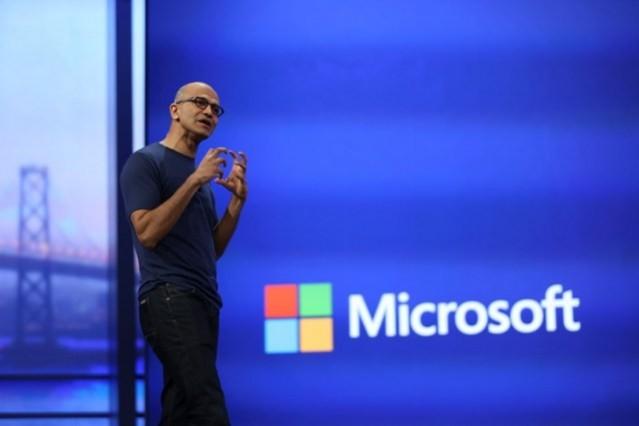Microsoft has filed a lawsuit against companies and agencies that allegedly falsely claimed to be the software giant's technical support affiliates and defrauded people to the tune of $1.5bn.
Bangalore-based C-Cubed Solutions Private Limited is one of the companies being sued. The company operates a mail server which routes "fraudulent technical support businesses communicate with customers," Microsoft said in the lawsuit filed in a federal court in the central district of California.
Recent years have seen scammers approach consumers, offering tech support facilities faking association with a reputed label, and stealing their private and financial data, later used for money siphoning purposes.

C-Cubed Solutions' website lists it as a subsidiary of Customer Focus Services (CFS), a Nevada Limited Liability Corporation headquartered in Los Angeles, California.
The listed phone number in the company's Indian website was found to not exist.
A message sent to the US website was yet to be reverted.
Microsoft put the number of Americans falling prey to technical support scams at 3.3mn.
The modus operandi involved scammers claiming to find non-existent bugs and viruses, offering tech support, stealing personal and financial details, and/or malicious programmes being introduced into the computer.
Almost 65,000 complaints involving such scams have been registered since May, Microsoft said in a company blog post.
Another of the methods involved scammers calling people on their phone lines, with many instances registering an Indian accent and name, purportedly representing Microsoft or a related organisation, saying a problem being discovered with the user's system.
Many computer users fall victim by accessing websites or allow programme downloads, which is subsequently used to steal personal and financial logins and passwords.
The scammers project an impression in their alleged association with one of the world's most widely known companies. Doing so, they divert the user's attention and ability to reach out to a legitimate technical service provider of Microsoft.




!['Lip lock, pressure, pyaar': Vidya Balan- Pratik Gandhi shine in non-judgmental infidelity romcom Do Aur Do Pyaar [ Review]](https://data1.ibtimes.co.in/en/full/797104/lip-lock-pressure-pyaar-vidya-balan-pratik-gandhi-shine-non-judgmental-infidelity-romcom.jpg?w=220&h=138)






